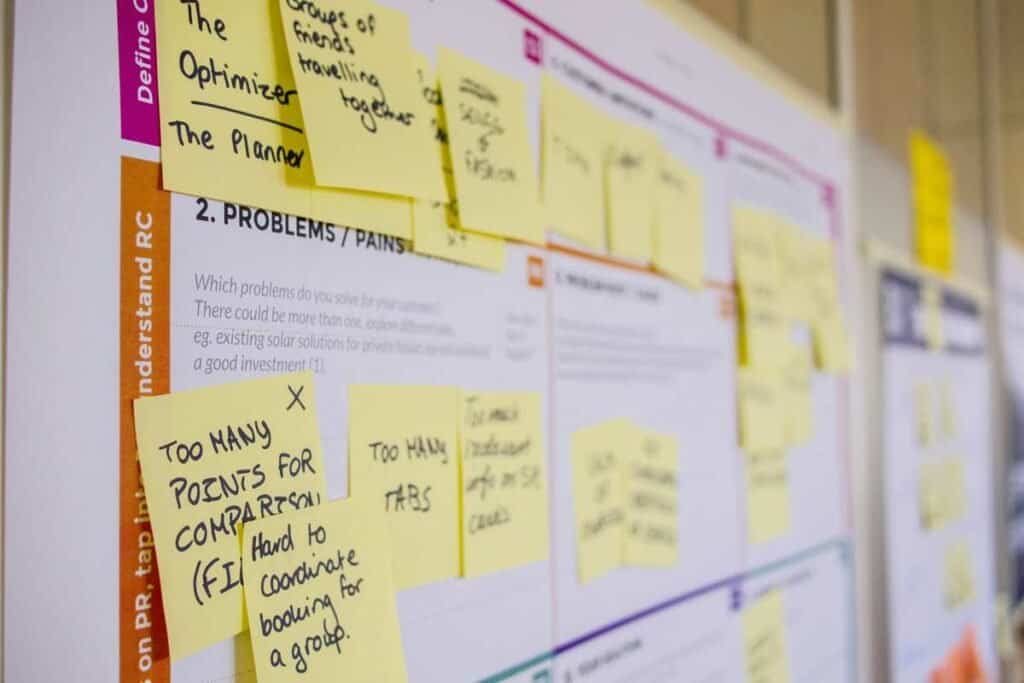Last updated on November 25th, 2025 at 01:07 pm
Introduction to Keywords in Abstracts
Keywords in abstracts are the cornerstone of academic visibility. They serve as the bridge between your research and the wider scholarly community, enhancing the discoverability of your work across databases, search engines, and academic repositories.
In an era where information is abundant and attention spans are short, knowing how to choose keywords for abstracts is crucial for ensuring that your research reaches its intended audience.
Table of Contents
Understanding the Purpose of Keywords
The importance of Keywords in research highlights, the central themes and focus of your research. Distinguishing between keywords and key phrases is vital; while a keyword might be a single term, a key phrase is a group of words that collectively express a nuanced concept.
Moreover, knowing how to write keywords in a research paper also serves an SEO function, allowing your abstract to be more easily found and indexed by search engines.
Relevance of Keywords to the Research Topic
To maximize the impact of your abstract, your keywords must align closely with the type of abstract you are writing to demonstrate your research objectives. They should reflect the core concepts and research methodologies used in your study, making it easier for potential readers to grasp the scope and significance of your work at a glance.
This alignment is not only a matter of precision but also of attracting the right audience to your research.
Analyzing Target Audience for Keyword Selection
Knowing your audience is paramount when selecting keywords. Are you targeting specialists in a specific field or a more general academic readership? Understanding your audience’s level of expertise and familiarity with certain terminology will guide your keyword choices.
Use terms that resonate with their knowledge base while still being specific to your research domain.
Brainstorming Potential Keywords
The process of brainstorming keywords begins with identifying the primary themes, methodologies, and variables in your study. Think broadly at first, jotting down all relevant terms. Consider synonyms and related terms that might also attract readers.
This stage is less about perfection and more about generating a comprehensive list that you can refine later.
Utilizing Keyword Research Tools
Several tools are available to help identify effective keywords for your abstract. Google Scholar, for instance, can help pinpoint commonly used terms in related research, while specialized academic databases like PubMed or Scopus offer insights into discipline-specific terminology.
Utilize these tools to gauge which keywords have high relevance and visibility within your field.
Evaluating the Competitiveness of Keywords
Not all keywords are created equal. A keyword’s competitiveness is determined by its search volume and its relevance to your study. A highly searched keyword may seem attractive, but if it is not directly related to your research, it could attract the wrong audience.
Striking a balance between a keyword’s popularity and its relevance is key to effective selection.
The Role of Long-Tail Keywords
Long-tail keywords, which are longer and more specific phrases, often capture niche audiences better than generic terms. For example, instead of using “cancer research,” a long-tail keyword like “molecular biomarkers in breast cancer prognosis” can help attract a more targeted group of readers.
These keywords often have lower competition, making them easier to rank for.
Selecting Specific vs. Broad Keywords
Specific keywords hone in on particular aspects of your research, such as “CRISPR gene editing techniques,” while broad keywords might simply be “genetic research.” Both have their uses: specific keywords can attract highly interested readers, while broad keywords might cast a wider net.
Using a mix of both can optimize your abstract’s reach.
Checking Keywords for Relevance and Accuracy
Before finalizing your keywords, ensure they accurately reflect your study’s scope. Misleading or overly broad keywords can frustrate readers and reduce the credibility of your research.
Aim for precision, and avoid keywords that do not truly get to the heart of your study.
Incorporating Keywords Naturally into the Abstract
Once you’ve selected your keywords, the next step is to integrate them seamlessly into your abstract. A common mistake is “keyword stuffing,” where keywords are awkwardly inserted multiple times. This practice can disrupt the flow and readability of your abstract. Instead, aim for a natural, coherent incorporation that maintains the abstract’s narrative while enhancing its discoverability.
Adapting Keywords for Different Disciplines
Each academic discipline has its own set of terminologies and conventions and consequently has a different type of abstract requirement. For example, keywords relevant to clinical medicine will differ markedly from those in the social sciences.
Familiarize yourself with the conventions in your field, using examples from well-cited papers to guide your keyword choices.
Updating Keywords for Relevance Over Time
Keyword trends evolve, and so should your approach. Regularly monitor the keywords used in new publications in your field and update your keywords to stay aligned with current research trends.
This adaptability ensures that your work remains visible and relevant over time.
Common Mistakes to Avoid When Choosing Keywords
Avoid pitfalls like neglecting current trends, relying solely on personal intuition, or using overly vague terms.
It is also important not to use keywords that are too narrow, as this can limit your abstract’s exposure.
FAQs
How many keywords should I include in my abstract?
Typically, it is recommended to include 3-5 keywords in an abstract. These should be carefully chosen to reflect the core themes of your research and improve its discoverability in academic databases and search engines.
Can I change the keywords of my abstract after publication?
Once an abstract is published in a journal or conference proceedings, changing the keywords is generally not possible. However, if your work is published in an online repository, you might be able to update or add new keywords by contacting the repository administrator.
What should I do if my research spans multiple disciplines?
If your research is interdisciplinary, choose a mix of keywords that reflect the main concepts from each relevant field. This ensures that your work is discoverable by a broader audience across different academic disciplines.
Conclusion
In conclusion, selecting the right keywords for your abstract involves a delicate balance of relevance, specificity, and strategic thinking.
Employ a mix of broad and specific keywords, stay updated on trends, and continuously refine your choices to maximize the reach and impact of your research.




